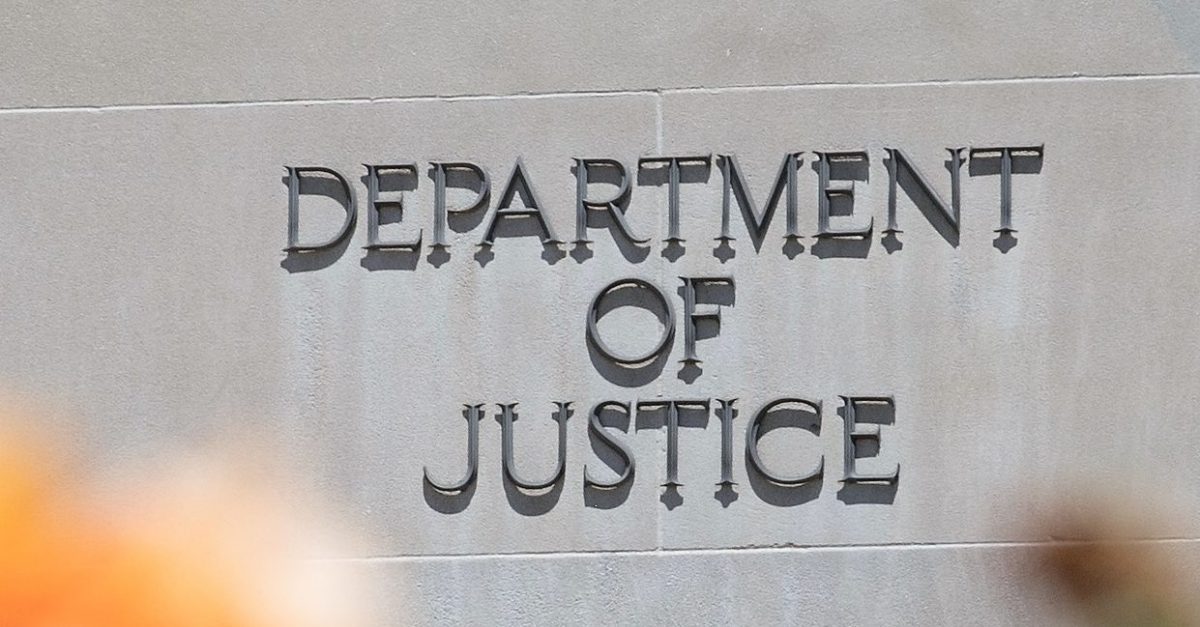
A federal circuit judge lashed out at a Department of Justice attorney on Monday after she failed to answer a question posed by the three-judge panel in a class-action lawsuit.
The lawsuit alleges that the fees charged by the federal government to access public court records online via its PACER system were being unlawfully used to subsidize the courts’ technology budget instead of simply covering the costs associated with operating the system.
After DOJ attorney Alisa Klein argued that the accounting method employed by the government made it impossible to figure out how much, if any, of the collected fees were acquired through overcharging, it was similarly impossible to calculate any possible user reimbursements for PACER users.
Judge Raymond C. Clevenger III of the U.S. Court of Appeals for the Federal Circuit asked Klein if users could recover PACER fees which the government knew were “blatantly illegal” and used to make unlawful purchases such as “gold-plated toilets” for judges, or “redecorating the office” of a court reporter.
Klein attempted to avoid directly answering Clevenger’s question regarding the hypothetical spending, but the senior circuit judge clearly wanted an answer, leading to an acerbic exchange.
“Do you have a lot of trouble answering questions generally in life or just when you come in front of the court?” the 82-year-old George H.W. Bush-appointed judge asked. You can actually hear this exchange at the 26:48 mark here.
Klein responded, saying that Congress had the power to prevent such unlawful expenditures and further implored the court to dismiss the case, arguing that the E-Government Act of 2002 precluded users from using the courts to sue for damages. Klein reiterated that the statute did not specify how much the courts could charge PACER users, rendering the amount over-charged “unknowable.” She was then stopped by Judge Todd M. Hughes. He interrupted, saying, “We’re more interested in the merits.”
A district court in 2018 ruled that the government’s PACER fees exceeded that allowed by law, and said the government could only use the resulting revenue on expenses associated with operating the system.
According to the complaint filed by three non-profit organizations, the Administrative Office of the U.S. Courts in 2014 collected more than $145 million from PACER fees.
[Photo by Alex Wroblewski/Getty Images]
Have a tip we should know? [email protected]